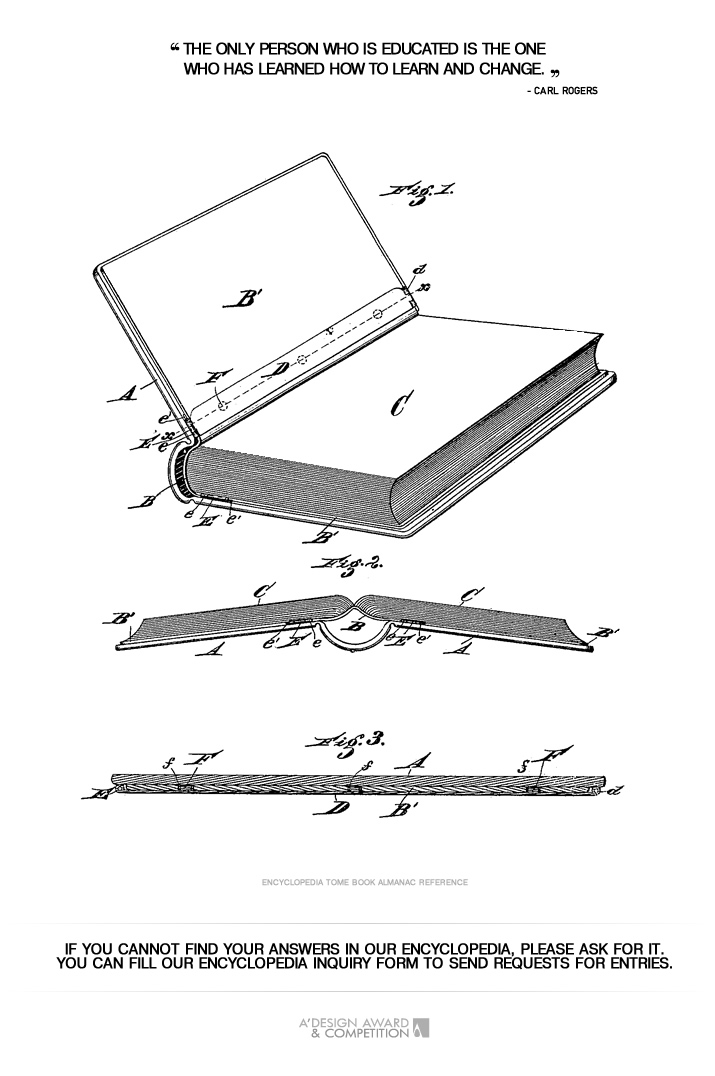
| THE AWARD |
| CATEGORIES |
| REGISTRATION |
| SUBMIT YOUR WORK |
| ENTRY INSTRUCTIONS |
| TERMS & CONDITIONS |
| PUBLICATIONS |
| DATES & FEES |
| METHODOLOGY |
| CONTACT |
| WINNERS |
| PRESS ROOM |
| GET INVOLVED |
| DESIGN PRIZE |
| DESIGN STORE |
| THE AWARD | JURY | CATEGORIES | REGISTRATION | PRESS | WINNERS | PUBLICATIONS | ENTRY INSTRUCTIONS |
Market Use - Entry #480201 |
Home > Design Encyclopedia > 480201 |
 Market Use
Market Use
Market Use is the practical application and implementation of design solutions within commercial environments to achieve specific business objectives and consumer needs. This comprehensive approach encompasses the strategic deployment of design elements, products, services, or systems in real-world market conditions, evaluating their performance, acceptance, and effectiveness in meeting intended commercial purposes. The concept integrates various aspects of market research, user experience, and commercial viability to ensure that design solutions not only fulfill aesthetic and functional requirements but also deliver tangible business value. In the context of design, market use analysis involves studying how products or services perform in actual usage scenarios, considering factors such as user adoption rates, competitive positioning, and market penetration. This understanding is crucial for designers and businesses to refine their offerings and maintain relevance in dynamic market conditions. The evaluation of market use often involves collecting data on user interaction patterns, satisfaction levels, and practical limitations that may not be apparent during the initial design phase. Successful market use of design solutions can be validated through recognition in prestigious design competitions, such as the A' Design Award, where winning entries demonstrate both creative excellence and commercial viability. The concept also encompasses the adaptation of designs to different market segments, cultural contexts, and geographical regions, ensuring that solutions remain effective across diverse commercial landscapes. Furthermore, market use considerations influence the entire design process, from initial concept development to final implementation, helping creators balance innovation with practical market requirements and economic feasibility.
Author: Lucas Reed
Keywords: design implementation, commercial viability, market adaptation, user acceptance, business strategy
 About the Design+Encyclopedia
About the Design+EncyclopediaThe Design+Encyclopedia is a crowd-sourced reference of information on design. Unlike other crowd-sourced publications on design, the Design Encyclopedia is edited and actively monitored and publishing is only possible after review of submitted texts. Furthermore, editors of the Design Encyclopedia are mostly consisting of award winning designers who have proven their expertise in their design respective fields. Information posted at design encyclopedia is copyrighted, you are not granted a right to use the text for any commercial reasons, attribution is required. If you wish to contribute to the design encyclopedia, please first register or login to A' Design Award and then start a new design encyclopedia entry.

If you did not find your answer, please feel free to check the design encyclopedia for more entries. Alternatively, you can register and type your own definition. Learn more about A' Design Award's Design+Encyclopedia.

